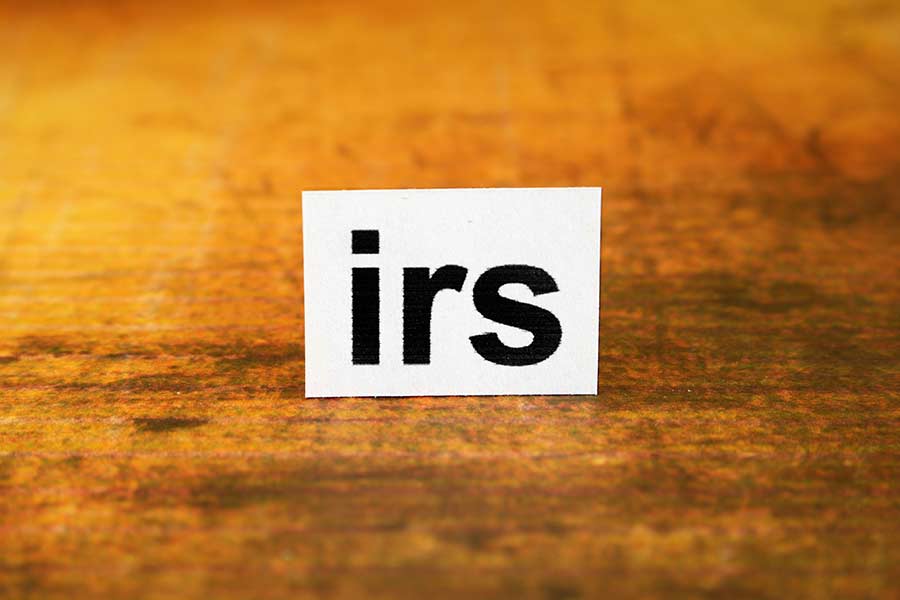The IRS created its Fresh Start Program last year in February with a goal of providing relief to struggling taxpayers during these tough economic times. The IRS wants to help taxpayers facing financial difficulties get a “fresh start” or get back on their feet. Last year, we reported on the Fresh Start IRS program with the IRS announcing a few policy changes with regards to tax liens, Offers In Compromise, Installment Agreements, and more.
Last week the IRS announced a new expansion of this program with new provisions that focused on providing IRS penalty relief to the unemployed as well as with changes to the requirements for Streamlined Installment Agreements. Furthermore, the IRS also stated it will be more flexible with Offers In Compromise (2012 saw a 4% increase in acceptance of OIC filings).
Failure to Pay Penalty Relief
With the announcement last week, the IRS is offering a six-month grace period to unemployed taxpayers who are unable to pay 2011 tax liabilities in full that are due on April 17th, 2012. In other words, this relief applies to the failure to pay penalty that taxpayers would have to pay if they failed to pay their taxes in full by the due date. To qualify, unemployed taxpayers must meet the following conditions:
- W-2 employees, or wage-earners that have been unemployed for 30 days in a row either in 2011 or in 2012
- Taxpayers who are self-employed who saw their income drop by 1/4 in 2011
- Taxpayers must agree to pay any tax liabilities, interest, and other penalties accrued by 10/15/12.
Just like many of the current tax credits, this penalty relief has income restrictions for 2011. Single or taxpayers who are married filing separately cannot qualify if their adjusted gross income (AGI) is more than $100k. Married taxpayers filing jointly will not qualify if their AGI is greater than $200k. This relief also has tax liability restrictions, which means that taxpayers will not qualify if their 2011 tax liabilities are $50k or greater. It is important to understand as well that interest will still accrue on any unpaid taxes during this six-month grace period (currently running at an annual rate of 3% a year).
How To Obtain this Penalty Relief
Assuming a taxpayer meets the qualifications listed above, in order to obtain this relief or this six month grace period with the failure to pay penalty, taxpayers must complete and submit IRS Form 1127A. Generally, the failure to pay penalty accrues at .5% per month up to 25%. Taxpayers will still need to file on time (by April 17th, 2012), or request an extension to file by October 15th, 2012. It is very important that taxpayers file even if they cannot pay since the failure to file IRS penalty is much greater than the failure to pay penalty.
Streamlined Installment Agreement Requirement Changes
A Streamlined Installment Agreement is generally an Installment Agreement that does not require a financial information statement (Form 433-A or Form 433-F) and allows a taxpayer to pay back taxes over a series of monthly payments. The IRS Fresh Start program last year had a few changes that impacted Installment Agreements. Notably, streamlined installment agreements could be obtained by businesses who owed up to $25k in taxes (previously only 10k). Last week, the IRS announced that individual taxpayers can qualify for a streamlined installment agreement with the following changes taking place:
- Individual taxpayers can qualify for a Streamlined Installment Agreement with tax liabilities up to $50k (previously $25k).
- The length of the installment agreement term or the length of the repayment term is extended by 1 year (from 60 months to 72 months).
- Taxpayers must agree to have monthly Installment Agreement payments be directly debited from their bank account
For more information on how to apply for a streamlined installment agreement contact the IRS or see our Streamlined Installment Agreement page.
Offer In Compromise Changes
The announcement of the IRS Fresh Start program last year had provisions or changes dealing with an Offer In Compromise whereby taxpayers could qualify for a Streamlined Offer In Compromise which meant that a taxpayers could qualify for this type of OIC with up to $50k in taxes owed (as long as they had an AGI of $100k or less). Last week, the IRS stated that they will be more flexible in determining a taxpayer’s reasonable collection potential (RCP). In other words, it should be easier for taxpayers struggling in this rough economy to get an Offer In Compromise accepted.
To read more about these new provisions, see the IRS.gov website.



Leave a Reply
You must be logged in to post a comment.